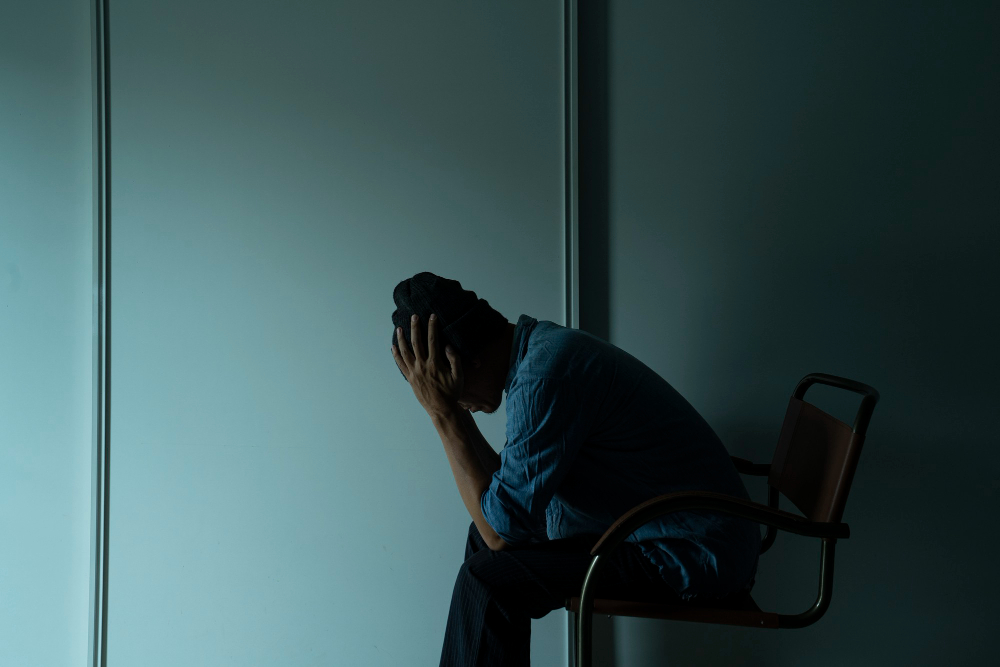General Health Tips & News
Psychosis and Psychotic Episodes
By H.S. (staff writer) , published on January 08, 2022

Medicine Telehealth Health
Psychosis is characterized by a disconnection from reality and may include hallucinations and delusions. Although it is a symptom of schizophrenia and bipolar illness, it may be caused by various other conditions.
Psychosis affects how a person thinks and perceives. Their senses may seem to perceive non-existent objects, and they may struggle to discern what is genuine.
Individuals who have psychosis may: hear voices see individuals or objects that are not present sense scents that other people are unable to detect
They may also feel they are in danger, someone is pursuing them, or that they are essential when none of these circumstances exist.
A person may be unaware that they have psychosis since their delusions seem genuine. Psychosis may be debilitating and perplexing. Occasionally, the symptoms might drive a person to self-harm. They may, in rare instances, cause harm to another individual. Psychosis is a prominent feature of schizophrenia.
Psychosis symptoms
Psychosis manifests itself via the following signs and symptoms:
The individual has hallucinations when they hear, sees, smells, tastes, or feels things that do not exist.
Delusions: The person believes falsehoods and may have irrational worries or suspicions.
Disorganized thinking, speech, and behavior: The individual's speech and cognition may hop between unrelated issues, resulting in connections that look nonsensical to others. Others may find their speech incomprehensible.
Catatonia: The individual may become completely unresponsive.
Psychomotor conduct that is unusual: The individual engages in involuntary motions such as pacing, tapping, and fidgeting.
What are hallucinations and delusions?
Delusions and hallucinations are two very distinct symptoms that persons with psychosis often encounter. Delusions and hallucinations seem to the person experiencing them to be genuine.
Delusions
A delusion is a persistent erroneous belief or perception that is retained even though it contradicts reality and is generally accepted as true. There are three types of delusions: paranoid, grandiose, and somatic.
Individuals suffering from a paranoid delusion may believe they are being followed or that hidden communications are being delivered to them. A grandiose illusion will enhance one's feeling of significance. When a person feels they have a fatal disease but are healthy, somatic delusion is called.
Hallucinations
A hallucination is an auditory or visual experience that occurs in the absence of external stimuli. This entails seeing, hearing, sensing, or smelling something that is not physically there. While a person is hallucinating, they may see objects that do not exist or hear voices alone.
Psychosis-related risk factors
At the moment, it is impossible to pinpoint exactly who is at risk of developing psychosis. However, evidence indicates that genetics may be involved.
Individuals are more prone to have a psychotic condition if they have a close family member with a psychotic disorder, such as a parent or sibling.
Children born with the 22q11.2 deletion syndrome are predisposed to develop a psychotic disease, particularly schizophrenia.
Psychosis classifications
Certain types of psychosis are triggered by certain situations or events, which may include the following:
Brief psychotic disorder
Brief psychotic condition, also known as brief reactive psychosis, may occur at times of intense personal stress, such as a family member's death. Individuals who have transient reactive psychosis often recover within a few days to weeks, depending on the cause of the stress.
Drug- or alcohol-related psychosis
Psychosis may be precipitated by the consumption of alcohol or stimulants such as methamphetamine or cocaine. Users of hallucinogenic substances such as LSD often have visions of objects that are not really there, although this impact is very transitory. Certain prescription medications, such as steroids and stimulants, may also trigger psychotic symptoms.
Individuals who have developed an addiction to alcohol or certain medications may have psychotic symptoms if they abruptly stop drinking or using such substances.
Organic psychosis
Psychosis symptoms might be caused by a head injury, a brain ailment, or an infection.
References
[1] David AS. Insight and psychosis. The British Journal of Psychiatry. 1990;156:798–808.
[2] Freud S. Neurosis and psychosis. The Standard Edition of the Complete Psychological Works of Sigmund Freud, Volume XIX (1923-1925): The Ego and the Id and Other Works. 1961. p. 147–154.
[3] Arciniegas DB. Psychosis. Continuum (Minneap Minn). 2015;21:715–736.
[4] Bebbington P, Nayani T. The psychosis screening questionnaire. International Journal of methods in Psychiatric research. 1995;
Find articles related to: Medicine Telehealth Health
More articles about General Health Tips & News
Back to the Health Tips Index




